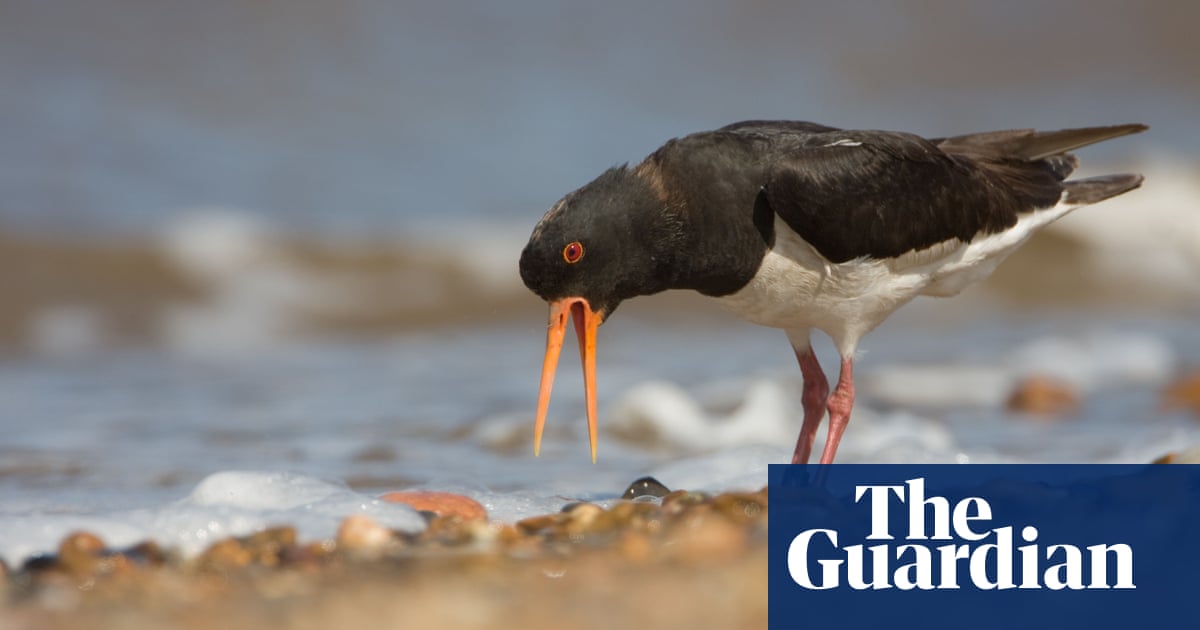Leading economists, former government advisers and ecologists are calling for a key section of the government’s planning bill to be changed because it creates a “licence to kill nature”.
Sir Partha Dasgupta, professor emeritus of economics at the University of Cambridge, ecology professor Sir John Lawton and Dr Tom Tew, a former chief scientist of Natural England, are among the signatories to a letter to MPs which warns them to ignore government slogans and false rhetoric about nature and wildlife being a block to growth.
The letter warns that part three of the planning and infrastructure bill, applying mainly to England and Wales, allows developers to pay “cash to trash” wildlife and the environment. They say it allows companies to sidestep environmental laws affecting their project by instead paying into a national nature levy.
“It is a blunt instrument that rewards bad planning and penalises good practice, all the while adding cost and delay to the planning and development process,” the letter said.
In the letter to MPs, who begin hearing evidence on the bill on Thursday, the signatories said: “The nature levy is not a tool for ecological recovery: it is a licence to kill nature, with no evidence to suggest this would in any way help our economy.” They want the section removed and put out to proper consultation and review.
They told MPs part three of the bill created a conflict of interest for Natural England, which is supposed to be independent, because the body would be responsible for deciding on conservation plans and assessing their success while being reliant on the new nature levy for its own funding.
The bill also created “a dangerous loophole where political convenience can override ecological reality” because Angela Rayner, the housing secretary, would be the final arbiter of whether the nature levy system could be put in place for developers, rather than the environment secretary and an independent body.
Dasgupta told the Guardian the nature levy allowed companies to “buy out” of existing nature obligations and effectively removed decades of nature laws.
Far from speeding up the planning process, the nature levy would harm economic growth, he said.
“Part three of the bill will cause economic harm by introducing overlapping and clashing nature laws, and slowing development with complex viability-based levy systems that critically undermine the investment case for nature in the UK,” said Dasgupta, the author of a once-in-a-generation review of economic policy commissioned by the Treasury in 2019 which said nature was a crucial asset, and its decline was undermining economies and wellbeing.
The signatories said the government’s much-repeated rhetoric that nature and wildlife were blocking development was simply false. “In our collective experience, delays are driven by under-resourced planning authorities, infrastructure bottlenecks, and industry-led viability constraints. Environmental licensing, when done well, is not the problem,” they said.
Another signatory to the letter, Prof David Hill, a former deputy chair of Natural England, said: “I cannot believe we have come to this position. Under the watch of previous governments, the debate had always been around how far we should progress to increase protection and funding for nature and green growth.
“Now regressive laws are being quietly accelerated through parliament with no public consultation, impact assessments or pilots. Part three of the bill harms our economy, rather than helps it, and will deliver a profoundly unacceptable blow to our natural environment, which, unlike the economy, may never recover.”

 5 hours ago
7
5 hours ago
7













































